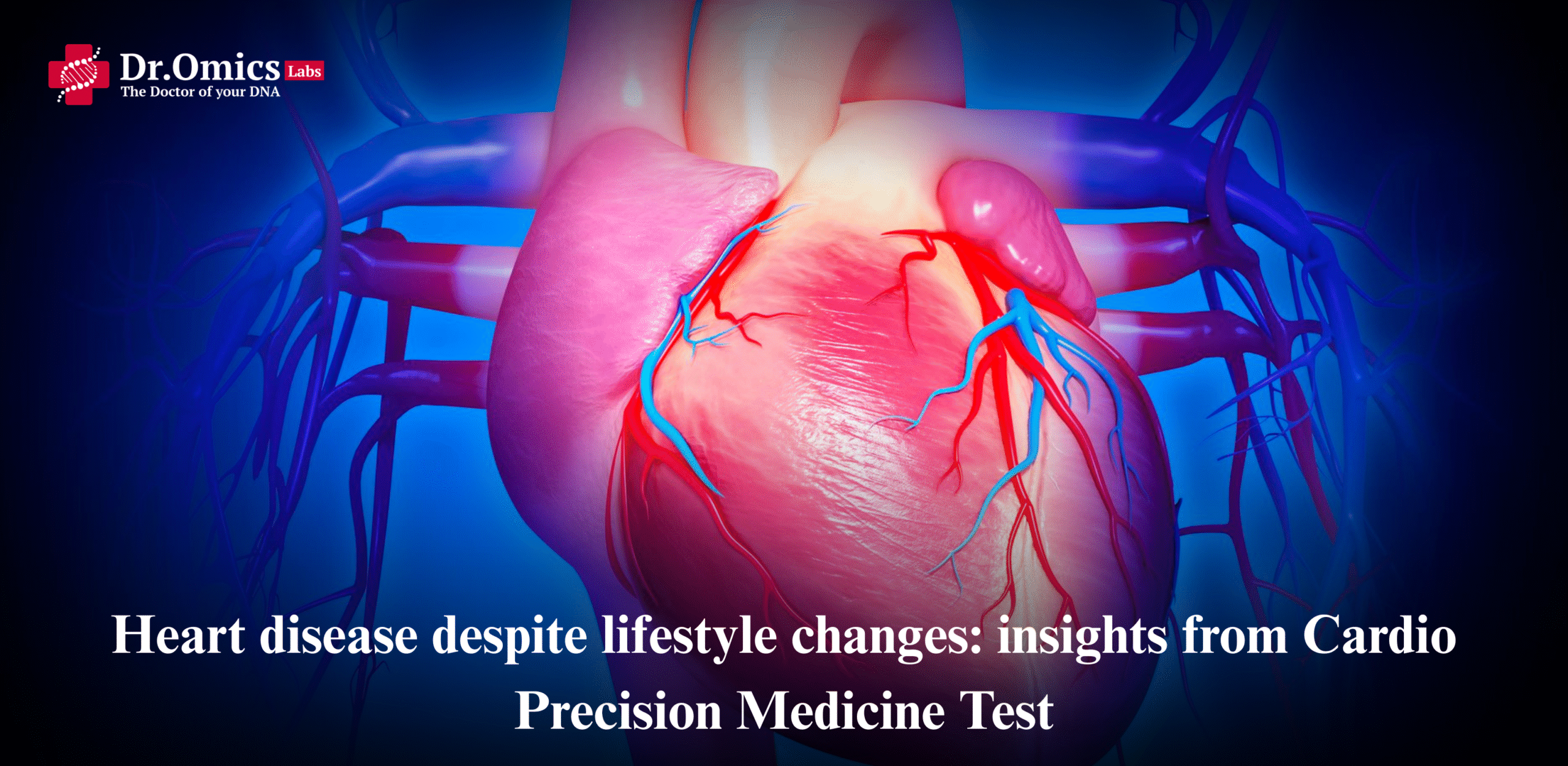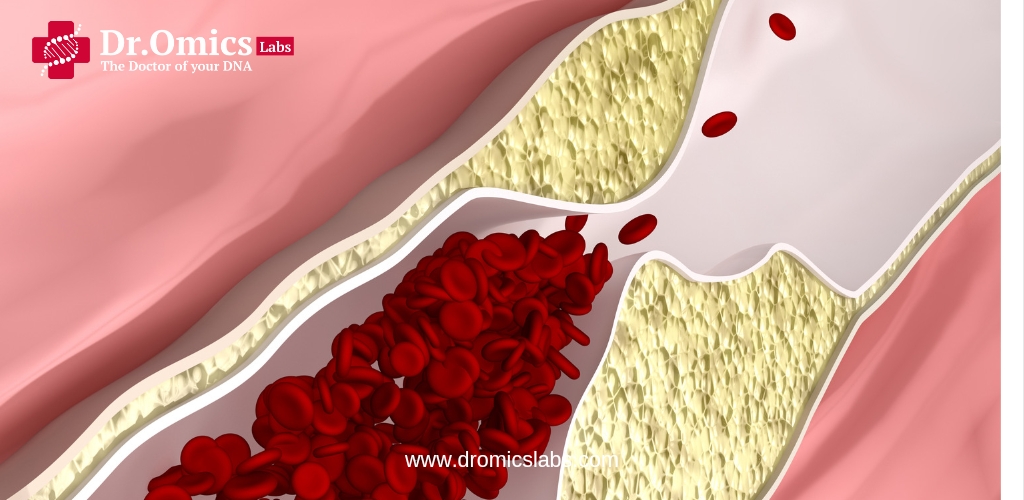Many people live healthily—eating well, exercising, managing stress—yet still struggle with heart disease. For these individuals, traditional advice can feel inadequate. The emerging field of cardiovascular genomics now provides powerful new tools like the Cardio Precision Medicine Test to uncover why heart disease persists, offering hope through truly personalized cardiology and DNA-driven care.
The Challenge: Heart Disease Beyond Lifestyle
Even after rigorous lifestyle improvements, some patients face elevated risk for heart attack, arrhythmia, or heart failure. Emerging research confirms that hidden factors—often written in our DNA—play a major role in cardiovascular health. Genetic variants can silently affect how one’s body regulates cholesterol, responds to inflammation, or handles clotting, sometimes overwhelming the benefits of diet and exercise.
Cardio Precision Medicine Test: A New Solution
The Cardio Precision Medicine Test uses a DNA sample—often a non-invasive cheek swab or blood test—to analyze key cardiovascular genetics markers linked to heart disease. This test identifies inherited risk factors including those for:
- Hypertrophic and dilated cardiomyopathies
- Familial hypercholesterolemia (high cholesterol genetics)
- Arrhythmia syndromes (like long QT)
- Aneurysm and aortic diseases
With these insights, doctors develop custom strategies to address personal risk, which may include early medication, closer monitoring, targeted dietary recommendations, and family screening for hereditary risks.
Personalized cardiology means moving past one-size-fits-all guidelines. Your genetic report may highlight, for instance, a familial mutation for cholesterol metabolism or early-onset atherosclerosis, prompting earlier use of statins even if cholesterol is normal by standard measures. In some cases, DNA testing can inform the safest medications to avoid adverse reactions or select best therapies post-heart attack.
Why DNA Tests for Heart Health Are Game-Changers
- Discover hidden genetic risks invisible through routine tests.
- Empower family members to pursue preventative screening if a high-risk variant is found.
- Allow for truly tailored treatment plans—from drug choice to device selection to lifestyle modification.
- Reduce costly trial-and-error in medication and boost the chances of preventing recurrent events.
Looking Ahead: Precision Cardiovascular Care
As the cost of DNA sequencing drops and more gene-disease links are uncovered, personalized cardiology will soon be standard care. Ongoing breakthroughs in cardiovascular genomics mean better prevention, early detection, and effective interventions—even when lifestyle changes alone aren’t enough.
In summary: If lifestyle improvements haven’t ended heart concerns, a Cardio Precision Medicine Test may reveal underlying genetic causes and unlock smarter, safer, and more effective care: the future of heart health, now available.




